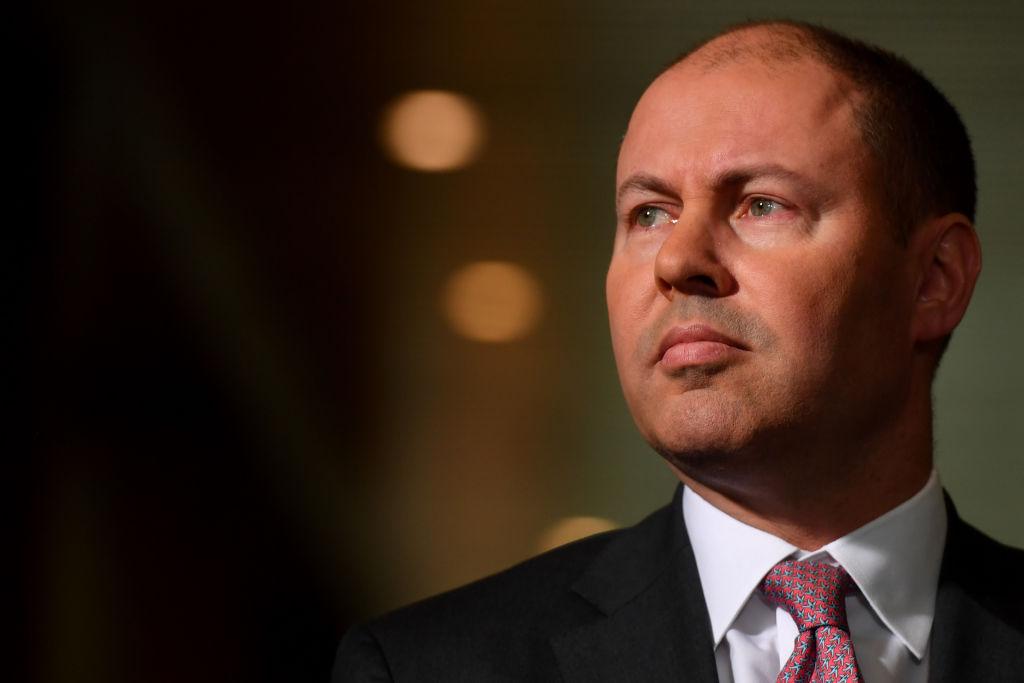Josh Frydenberg, Australia’s federal treasurer, has defended the Reserve Bank of Australia against criticisms launched by Paul Keating, a former Labor prime minister, that it isn’t doing enough to help amid the COVID-19 economic crisis.
“This was a very nasty, personal, vindictive, unnecessary, misguided attack by Paul Keating,” Frydenberg told ABC News Breakfast on Sept. 24.





